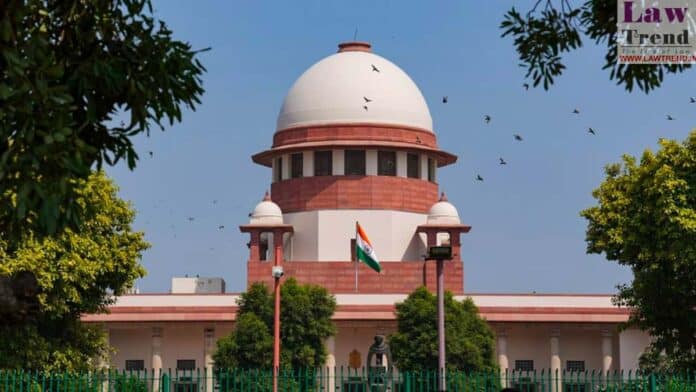The Supreme Court of India emphasized on Monday that all state governments must adhere to federal laws, including the Prevention of Money Laundering Act (PMLA), particularly highlighting the case concerning alleged illegal sand mining in Tamil Nadu. The apex court has called upon the Tamil Nadu government to explain its resistance to the Enforcement Directorate’s (ED) probe into the matter.
Justices Bela M Trivedi and Pankaj Mithal, presiding over the bench, underscored the importance of state cooperation with federal agencies in investigating allegations of money laundering tied to sand mining activities. The court’s remarks came during the hearing of an appeal by the ED against a stay order by the Madras High Court. The High Court had previously halted the summons issued to five district collectors in Tamil Nadu, a move that was challenged by the ED.
The ED’s appeal stems from its investigation into the sand mining operations, which allegedly involved significant financial discrepancies. According to the ED, the value of sand mined in Tamil Nadu was estimated at around ₹4,730 crore, a stark contrast to the ₹36.45 crore reported by state records. The agency’s investigation further led to raids across 34 locations in the state, revealing potential links between the local sand mining mafia and state authorities.

Senior counsel Kapil Sibal, representing the Tamil Nadu government, argued against the ED’s jurisdiction, stating that sand mining does not fall under the scheduled offences of the PMLA. He contended that the ED’s request for documents from district collectors overstepped legal boundaries, suggesting that such actions could only be justified if directed by a constitutional court or with the state’s consent.
The Supreme Court, however, highlighted Article 256 of the Indian Constitution, which mandates state compliance with laws enacted by Parliament. The bench questioned the state’s role in defending the district collectors, suggesting that individuals aggrieved could challenge the summons in their capacity.
Also Read
This legal confrontation comes amid broader allegations by non-Bharatiya Janata Party-ruled states, accusing the central government of employing federal agencies to target political adversaries. The Supreme Court’s directive for the Tamil Nadu government to justify its opposition to the ED’s investigation underscores the ongoing tension between state and federal authorities, particularly in matters involving financial crimes and corruption. The case is set for a detailed hearing, where the Tamil Nadu government is expected to present a comprehensive response to the Supreme Court’s queries.







